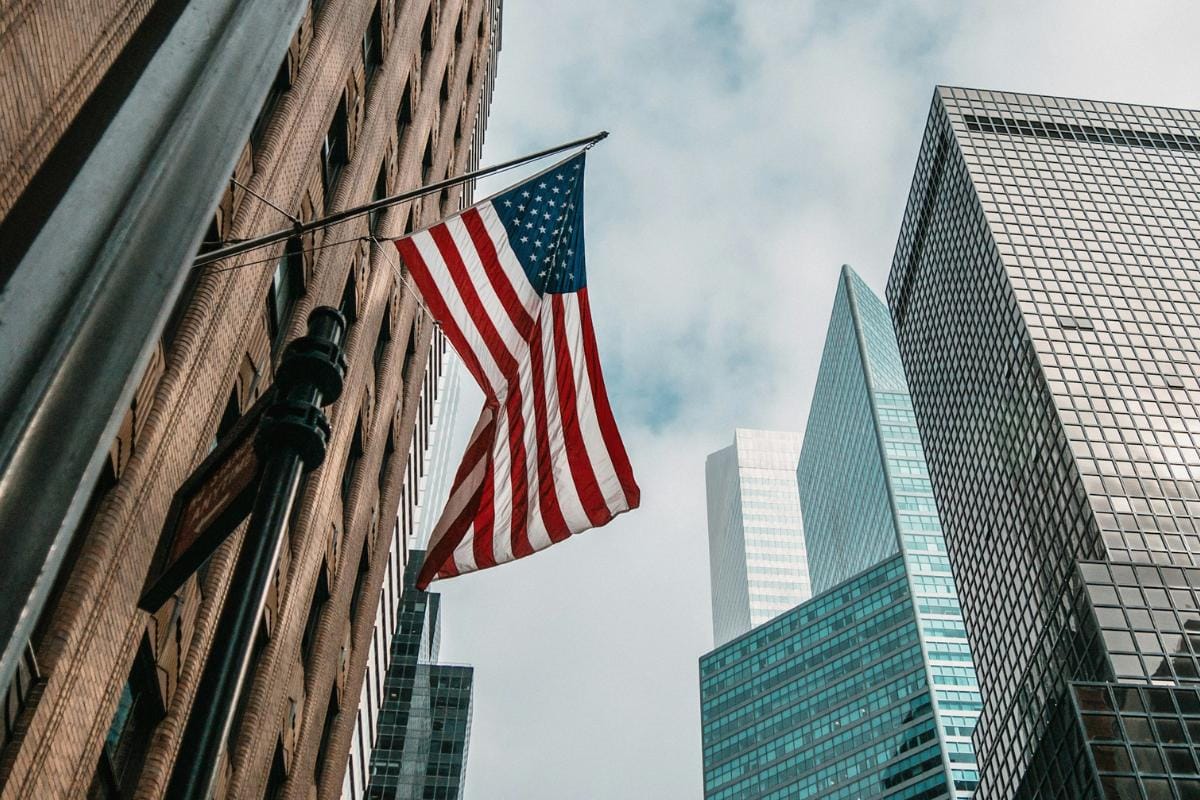Emma Wall, chief investment strategist at Hargreaves Lansdown, highlights a turbulent market session as Asian stocks fell alongside US and European futures after Washington failed to avert a shutdown. Gold surged to record highs, the dollar slipped, UK business confidence softened, and pharma stocks rallied on Pfizer’s White House deal.
Emma Wall, chief investment strategist, Hargreaves Lansdown:
US shutdown threatens US assets
“Asian markets have fallen and US equity futures are down as the US goes into shutdown, having failed to secure funding despite crisis talks at the White House earlier this week. NASDAQ and S&P 500 futures are down around 0.4% so far, though investors should expect a bigger impact as the week unwinds should the shutdown continue. The dollar also fell for the fourth day in a row on the news. Historically shutdowns have been bad for the US dollar, bad for US equities, and bad for bonds too. This is an unwelcome event for a market that has been on a tear since the tariff-induced lows of April, and had been building positive momentum thanks to the AI boom, a Fed rate cut and a near end to tariff uncertainty. President Donald Trump even took credit for the market rally at a recent address to the UN, using it as a proof point for US exceptionalism over other assembled nations.
But should the shutdown remain unresolved it is likely to drive money outside of the US – to markets with more certainty, and less toppy valuations. Bond markets and the outlook for the Fed rate hang in balance as a shutdown could mean that the jobs data due on Friday is unable to be issued, a key data point for investors looking to plot rates’ trajectory.
Gold has been flashing a warning signal since the beginning of the week, hitting another all-time high yesterday, baking in the shutdown risk before equity markets absorbed the news. Gold is up 45% over the past year, buoyed geopolitical and macroeconomic uncertainty – with investors and global central banks alike stockpiling the asset.
Counter to gold’s rally the dollar slipped again overnight, and the outlook is not positive if previous lockdowns are any indicator. It has been a challenging year for the dollar. As President Trump has repeatedly undermined the Federal Reserve Chair and the Fed’s broader interest rate policy, so too has he undermined confidence in the greenback. Emerging markets have turned away from the US dollar as a store of reserves in order to reduce their dependence on the US, instead favouring gold.
UK business confidence dips ahead of Autumn Budget
The IoD Directors’ Economic Confidence Index has fallen to a record low of -74 in September 2025 from -61 August. Business leader confidence, a subset of the index, has also fallen. Anna Leach, chief economist at the Institute of Directors shared that expectations for investment had fallen, as had headcount, and that businesses were anticipating higher costs, particularly for labour costs – including taxes, supply chain inflation and higher energy bills. And the driving force for that confidence slump? The upcoming Autumn Budget. The IoD members called for pro-business, pro-growth policies from the Chancellor in November, with a focus on a more supportive tax environment.
The Index was published hours after Prime Minister Kier Starmer thanked British businesses for taking on much of the burden of last year’s Budget, recognising the contribution they had made to public finances.”
Pfizer’s White House pricing deal sparks relief rally in pharma stocks
Derren Nathan, head of equity research, Hargreaves Lansdown:
“Donald Trump’s big idea of reducing US drug prices in line with the rest of the world has come one step closer to reality. Instead of facing a tortuous legislative path through Congress and the Senate he’s struck a deal with beleaguered pharma titan Pfizer.
Rather counter intuitively, the share price closed up 6.8% in the wake of the announcement, adding over $9bn to the company’s valuation. It’s a case of not being as bad as it might have been. The limited scope of the measures seek to apply Most Favoured Nation Prices to state Medicaid programs, and secure deep discounts for consumers who purchase medicines direct from the curiously named TrumpRx.gov online pharmacy.
Overall, this is unlikely to touch any more than 10% of Pfizer’s revenues. If the deal is replicated universally there’s relatively limited exposure across the sector, with many other names such as Eli Lilly posting solid gains in a broad relief rally. US listed securities in British poster children GSK and AstraZeneca came along for the ride so expect their London listings to follow suit after the open.
One notable exception was Gilead, the only S&P 500 pharma stock in the red today. Its high-cost antiviral treatments have driven Medicaid exposure up to around 25% of its revenue base, making it a clear sector outlier.”















